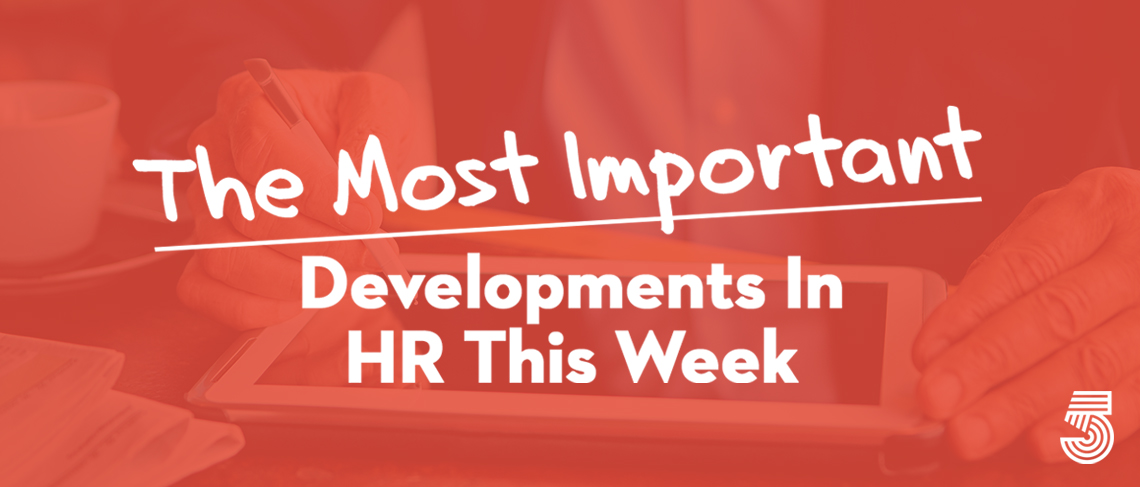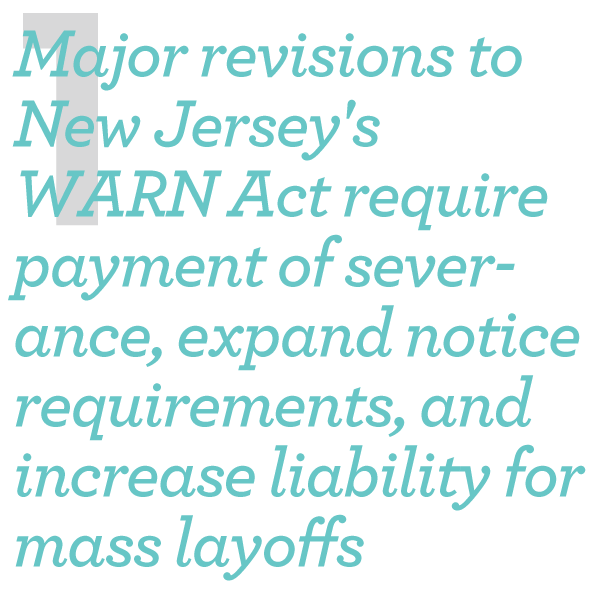
On January 21, 2020, New Jersey Gov. Phil Murphy enacted major revisions to the New Jersey WARN Act, that make this the most draconian and costly state law in the nation. Once effective, the amended NJ WARN Act will not only require 90 days’ advance notice of mass layoffs or of a transfer or termination of operations — rather than the current 60 days’ notice — but most significantly, New Jersey will now be the first state in the nation to mandate statutory severance pay for all employees who lose their job in a WARN event such as a “mass layoff.” In addition, the amendments substantially change the methodology for determining whether a WARN event is triggered by (1) eliminating the “one-third” of the workforce threshold for mass layoffs and (2) requiring aggregation of all terminations at all employer worksites within the state, rather than by treating terminations on a site-by-site basis. Further, the law now applies to all employees, not just full-time workers. With these changes, the law creates significant financial liability for covered New Jersey employers that undergo a triggering WARN event, and makes it significantly more likely that NJ WARN Act notice and severance obligations will apply. Epstein, Becker, Green

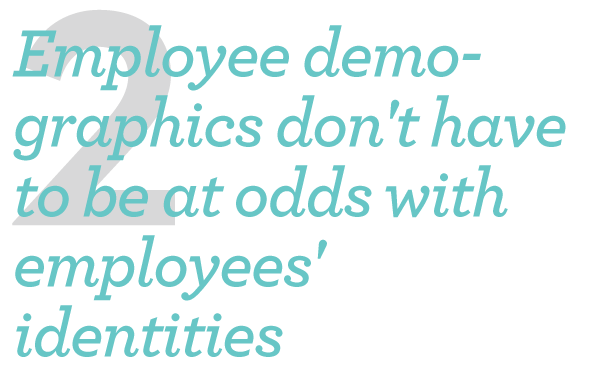
HBR found that employees who identify in ways that do not conform to the norms used to define and categorize them at work are more likely to feel marginalized, and even threatened. When organizational policies and practices are inconsistent with a person’s demographic identity, their identity autonomy (the feeling that one has freedom and personal control over one’s identity) and their identity legitimacy (the feeling one’s identity is seen and experienced as valid, real, and justifiable) become constrained. As a result, their motivation, engagement, performance, and overall satisfaction at work can suffer. Further, to younger generations of workers, who are more likely to view self-fashioned identities as the “norm,” a traditional organizational approach can make a company appear out of touch. In short, the way most companies treat identity is increasingly misaligned with the complex ways employees — as well as customers, clients, and other stakeholders — see themselves. The first step toward making a change is recognizing the assumptions that are driving these misalignments. HBR
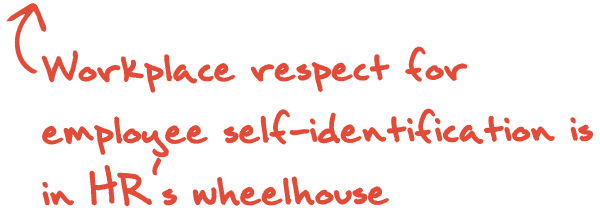
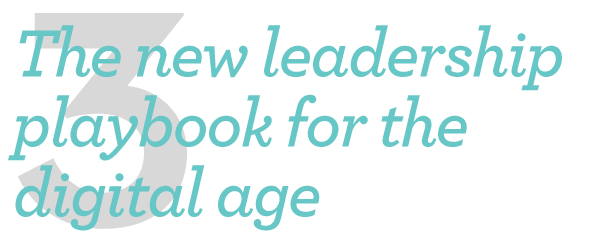
Evidence of this growing mismatch between how many organizations are currently led and how they should be led comes through loud and clear in this new report, “The New Leadership Playbook for the Digital Age: Reimagining What It Takes to Lead.” This global executive study and research report’s objective is straightforward: to explore how the changing nature of competition, work, and society is influencing the future of leadership. Sloan MIT surveyed 4,394 global leaders from more than 120 countries, conducted 27 executive interviews, and facilitated focus-group exchanges with next-gen emerging leaders worldwide. The findings are as sobering as they are inspiring. They serve as a warning for today’s leaders — as well as an invitation to reimagine leadership for the new economy. Today’s trailblazing leaders increasingly recognize that in order to credibly transform their organizations, they must credibly transform themselves and their teams. Sloan MIT

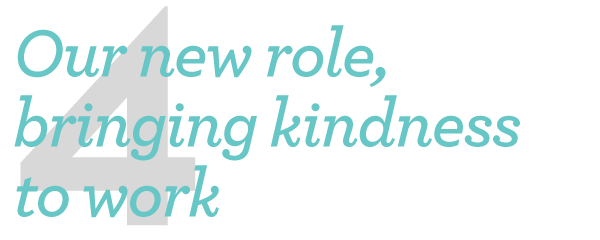
“In 2014 I wrote a speech titled ‘Simply Irresistible,’ describing the need to rethink the concepts of employee engagement. That speech, which turned into a research model, described how meaningful work, sound management, an inclusive environment, growth, and leadership were all part of building an irresistible work experience,” writes Josh Bersin. “Since then there have been a flood of new studies on the employee experience (often called EX), and each shows the same thing. People want meaningful jobs, fair pay, transparency, and growth. But most of all, they want kindness. Kindness? What role does that play in a business? It turns out kindness at work has now become fundamental. While inclusion, fair pay, and development remain important, kindness and connection are now essential. We, in HR, have an important role to play. We can help bring kindness into our companies. As you plan for the year ahead … I urge you to consider a few things: Is your management rewarded for listening, caring, and understanding people on the team? When people make mistakes, do you forgive them and offer them an opportunity to grow? If your business slows down, do you let people go or do you find a way to help them stay? Are your products and services kind to your customers, their families, and the environment? Do people come to work feeling they can be themselves and they will be accepted for who they are? These are not business or HR strategies, they’re sound principles for life.” Bersin

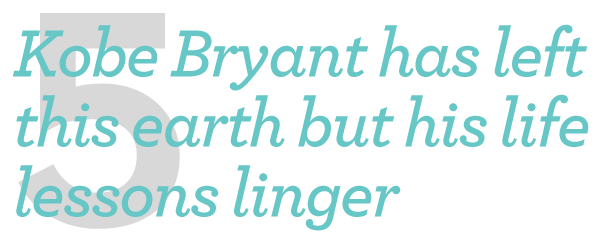
Long before the final buzzer ought to have sounded, perhaps even before half time, Kobe Bryant’s transcendent life was snatched from NBA fans everywhere. The outpouring of grief from across the world shows how one man did not just shut up and dribble, but instead exemplified the highest ideals of sport. If elite sport is a metaphor for life’s many battles — the primeval competition for success, triumph over adversity, and endurance — then Bryant was its warrior king. Even accounting for the fact that tragic deaths invite encomiastic obituaries, his demise reminds us of the many leadership lessons contained in his 41 years. It is impossible to excel without melding talent with hard work. This has been confirmed by research and there is perhaps no better example than Bryant. Also, a leader’s true greatness lies in what he contributes to the growth of others. Bryant mentored people in sports and other domains, drawing from the well of highs and lows he had experienced. Aside from those he touched directly he inspired millions who experienced tragedies in their own lives. He showed them that they could overcome, too, if they had his will and work ethic. The Black Mamba will live on in the memories of millions of fans — not just for the 33,000 points or MVP awards, but for the unique brand of leadership he exhibited. The Hill







